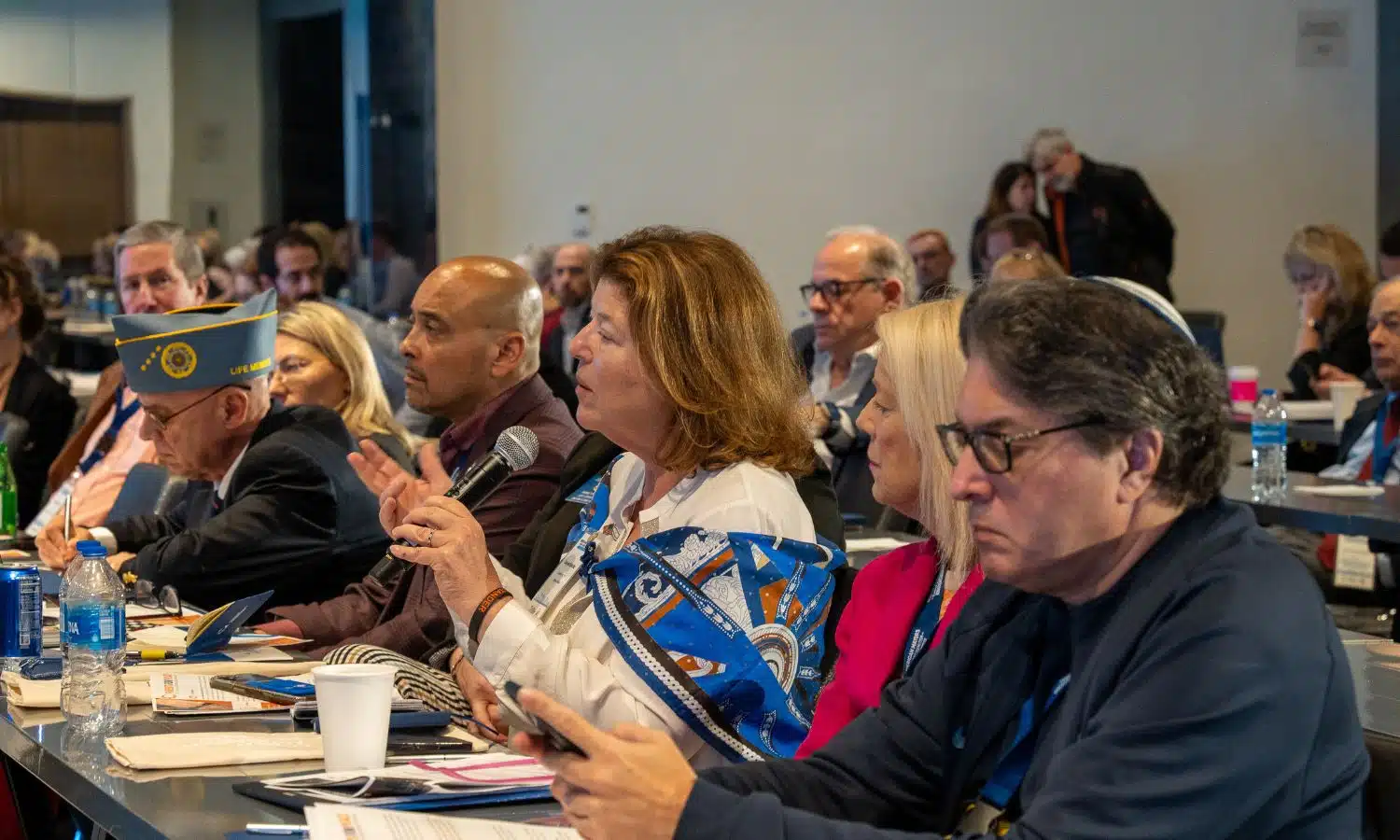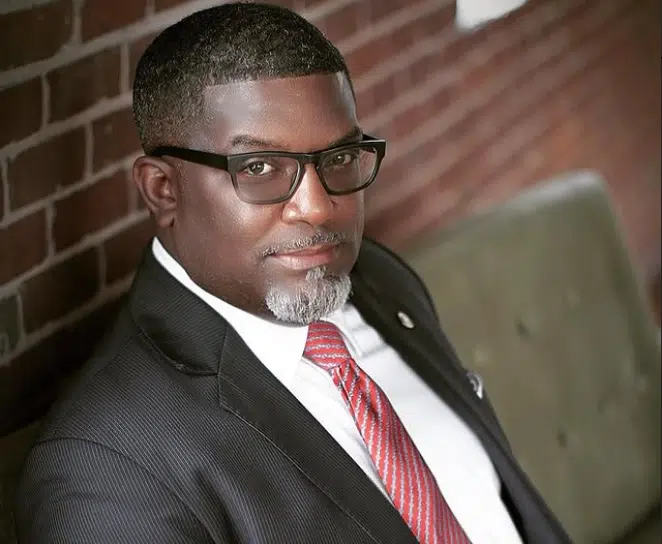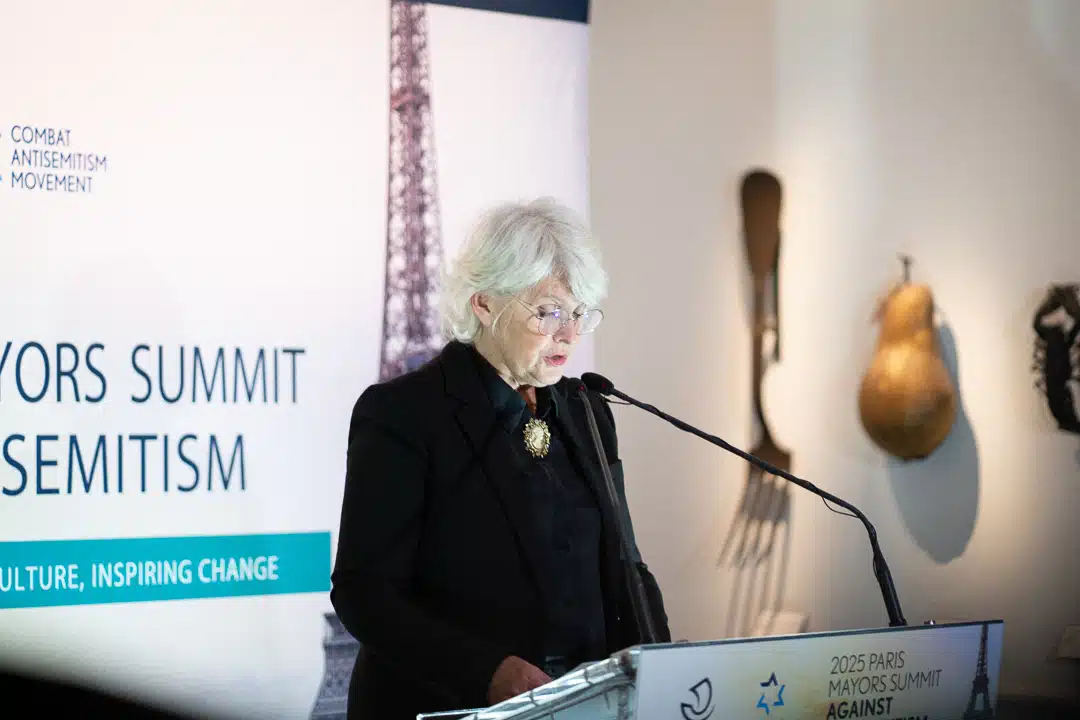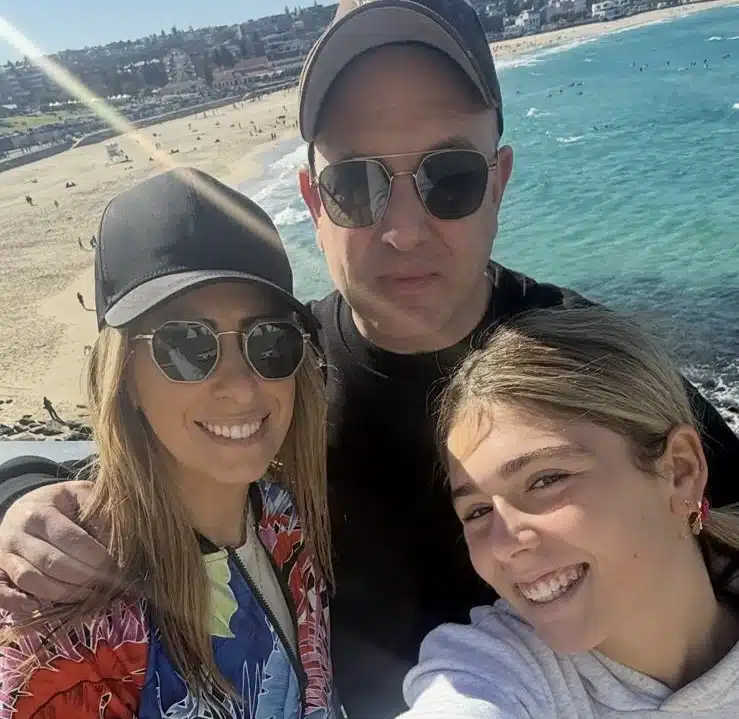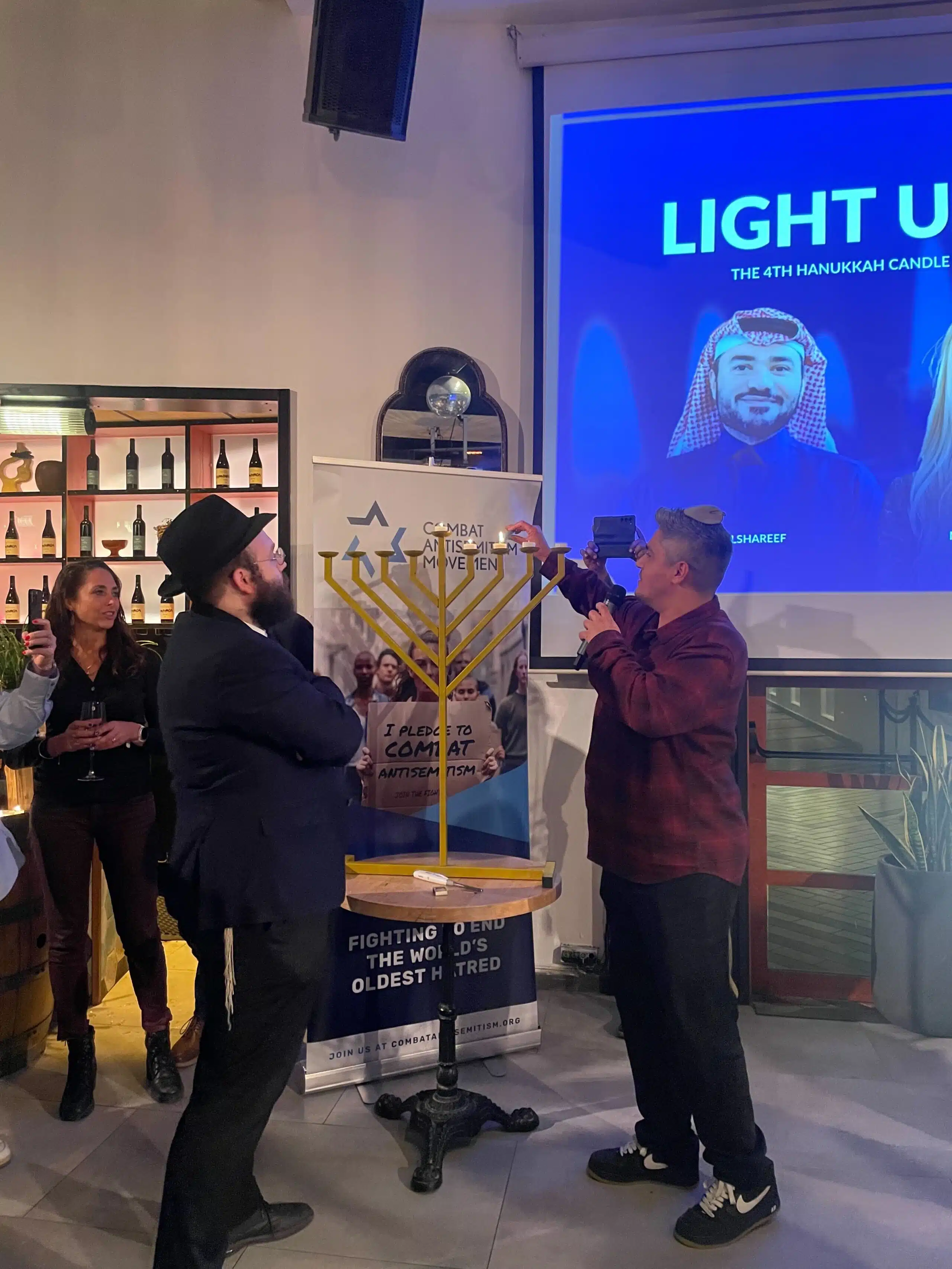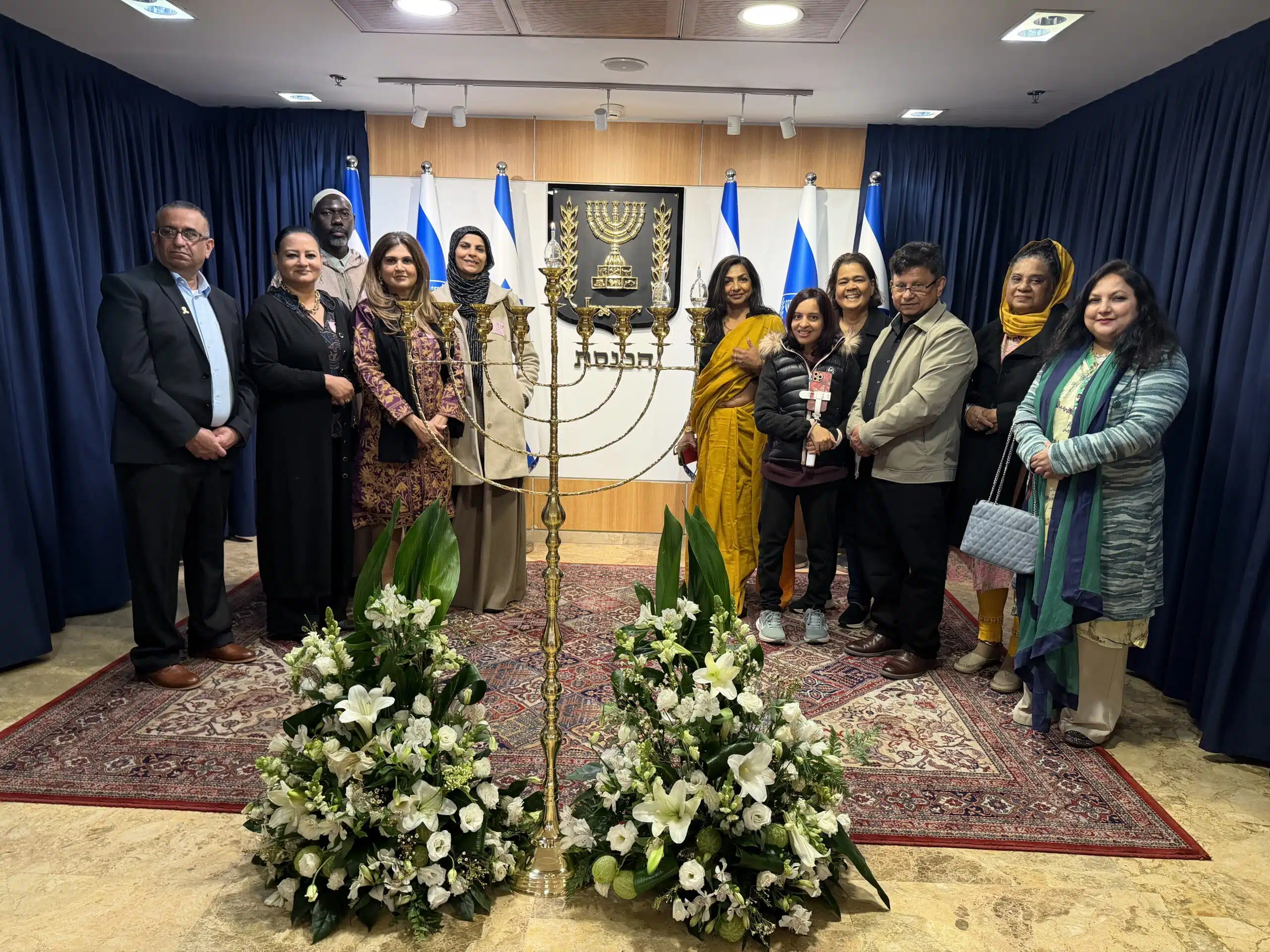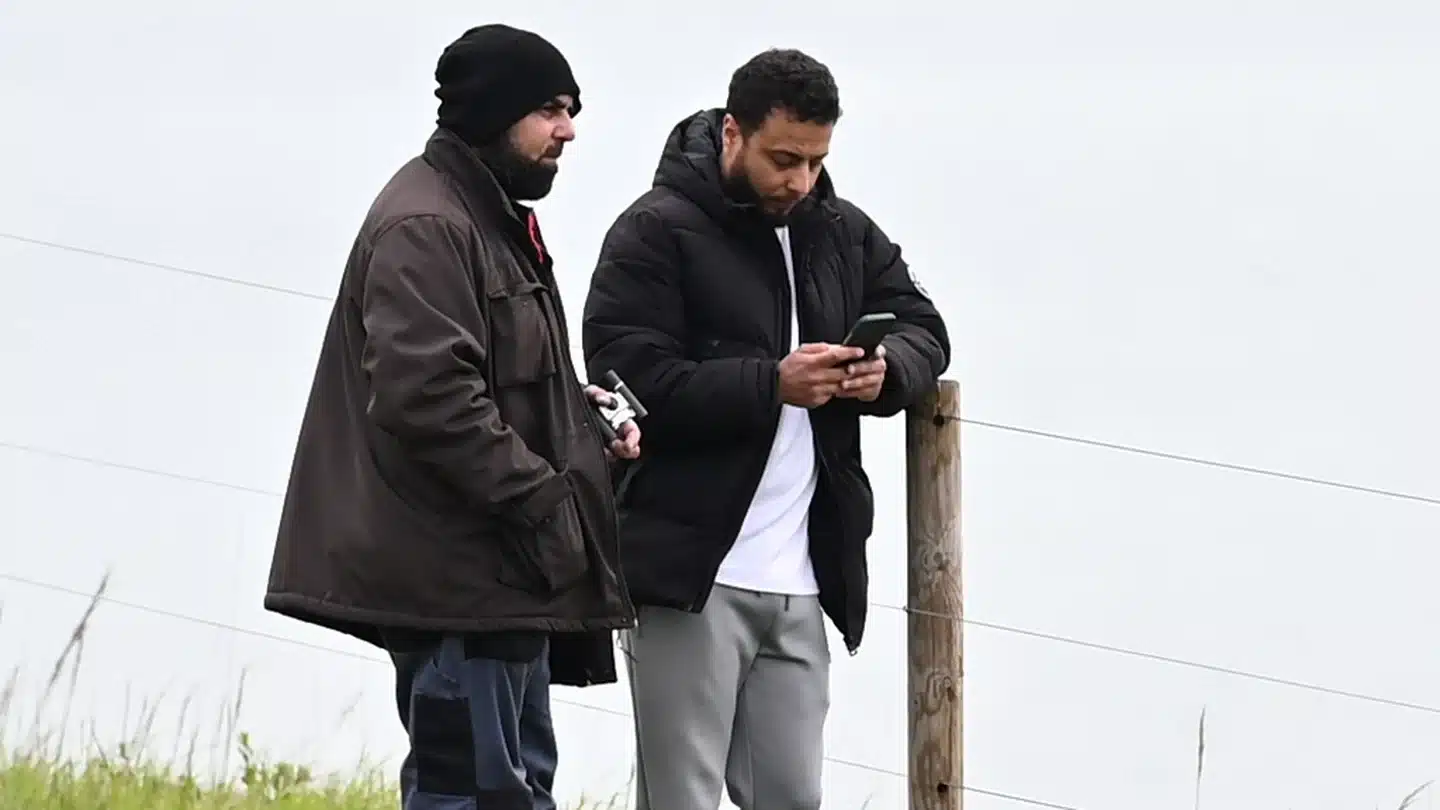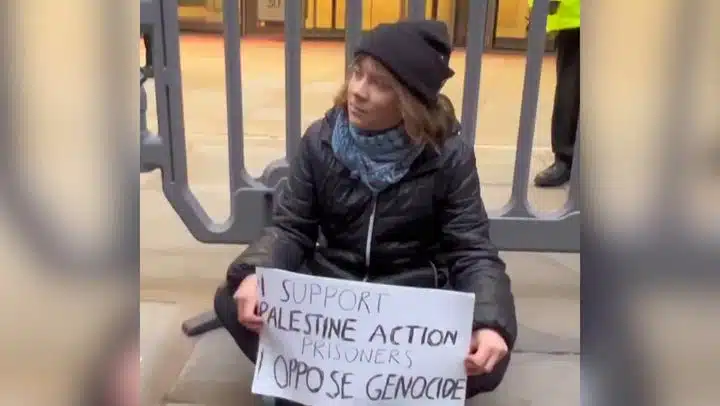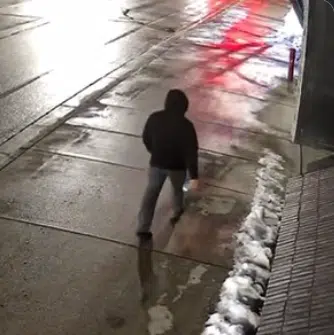|
Getting your Trinity Audio player ready...
|
Dallas City Councilwoman Jaynie Schultz recently joined representatives of nearly 60 municipalities at the 2023 North American Mayors Summit Against Antisemitism in Fort Lauderdale, Florida, where the focus was local-level approaches to tackling the world’s oldest hatred, which has reached new heights across the globe following the October 7th Hamas attack in Israel.
At the summit, organized by the Combat Antisemitism Movement (CAM), Schultz — who is Jewish and has served as the District 11 representative on the Dallas City Council since 2021 — gained fresh perspectives on the important role municipal officials can play in the collective effort against antisemitism, and she spoke this week with CAM Editor-in-Chief Barney Breen-Portnoy to reflect on her experience in Fort Lauderdale and share the lessons learned there.
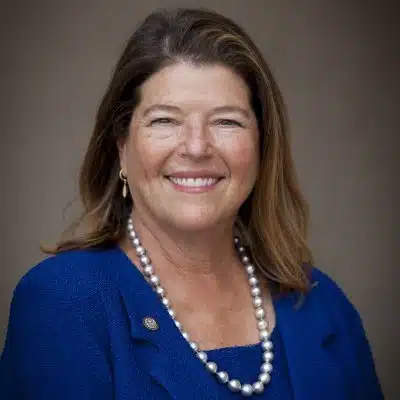
How did the North American Mayors Summit Against Antisemitism contribute to your understanding of the nature of modern-day antisemitism and ways to confront it?
“One thing I took away was that if we’re going to combat antisemitism as local leaders, we need to be as organized and strategic as our enemies are, and not do it in a piecemeal manner.”
What specific actions are you already undertaking or are planning to undertake in your city against antisemitism?
“The summit helped me realize that what we need to do is train our municipal employees, many of whom have never even met a Jew, to look for signs of antisemitism. So what I’m doing specifically is working with our code compliance team, and I’m bringing in the AJC, ADL, and FBI to do trainings with our code compliance officers, the ones who are on the street every day, to look for stickers, signs, or graffiti that they may not otherwise recognize. Like we have ‘FP’ [an acronym for ‘Free Palestine’] painted all over town, and nobody knows what that means unless you’re aware of it.”
“What I am going to start to do is create a program that I did years ago for a Jewish day school. It was a program for their non-Jewish employees, basically ‘everything you wanted to know about Judaism but were afraid to ask.’ So I’m offering lunch-and-learns for city employees who want to understand what is Judaism, who are we as a people, and all the things that will combat antisemitism through education.”
Which cities-oriented strategies or approaches have you found particularly effective in addressing contemporary manifestations of antisemitism?
“It’s all about education — of non-Jews, but also offering opportunities to educate Jews so that we can stand up when antisemitic comments or whatever are made. Growing up in this environment my whole life, I realized that Jewish people who don’t know much about Judaism just keep their mouths shut because they don’t know how to confront it. So I think the more tools we can give Jews will be helpful as well.”
What resources or support would you need more of to enhance your effectiveness in combating antisemitism at the city level?
“I think if we had let’s say a two-hour plug-and-play training program, that would be extremely helpful. I also think that the more fact sheets that we can share with people, the better — to dispel common myths and identify tropes they might not even realize they’re saying, things like that.”
What roadblocks do municipal authorities face in implementing strategies and initiatives against antisemitism?
“I think sometimes there is a roadblock toward reporting antisemitism because Jews are thought of as ‘white,’ so hate crimes are not considered. We’re working with the police on this. In general, whether its slurs or whatever, because Jews are ‘white,’ and so much of our municipal work is race-based, it’s hard to call out unique things that Jews face.”
What role do you think the IHRA Working Definition of Antisemitism can play in your city’s efforts to combat Jew-hatred?
“We did adopt it [last year], but we haven’t really used it, per say. We need to look at some specific ideas from what other communities have done to answer the question of how to use the IHRA definition. And I think is something CAM can guide us on.”
How else can CAM help municipal leaders fight antisemitism?
“I have some specific ways I think you all can help with in an urgent fashion, which came directly out of the conference, First and foremost, right now, because it’s become so conflated with the war, I think that’s actually one of the areas where CAM can help — that is to say, help leaders understand that the situation in Israel has become conflated with antisemitism. Municipal leaders need the tools to be able to explain to people who are not educated about, aware of, or invested in what’s happening in Israel understand that this is being used as part of a broader antisemitic agenda.”
“I’ve been told that this global pro-Palestinian movement is really a product of Iran and a broader antisemitic agenda. But those who know that aren’t really sharing that fact, and the more I can share that fact with my other municipal colleagues — that you’re just pawns in this bigger game and if they fall prey to it by doing resolutions and responding, you’re just one of their toys they’re using in a well-constructed and planned campaign. It’s not grassroots at all. These aren’t local Dallas people upset about what’s happening in Israel. But we need the facts to counter this, and any tools that CAM can create that I can share with my colleagues would be extremely helpful.”

